“Praised be the Lord,” said the priest and placed the candlestick on the table. Goldmund murmured the response, staring straight ahead.
The priest said nothing. He waited and said nothing, until Goldmund grew restless and searchingly raised his eyes to the man in front of him.
This man, he now saw to his confusion, was not only wearing the habit of the fathers of Mariabronn, he also wore the insignia of the office of Abbot.
And now he looked into the Abbot’s face. It was a bony face, firmly, clearly cut, with very thin lips. It was a face he knew. As though spellbound, Goldmund looked into this face that seemed completely formed by mind and will. With unsteady hand he reached for the candlestick, lifted it and held it closer to the stranger, to see his eyes. He saw them and the candlestick shook in his hand as he put it back on the table.
“Narcissus!” he whispered almost inaudibly. The cellar began to spin around him.
“Yes, Goldmund, I used to be Narcissus, but I abandoned that name a long time ago; you’ve probably forgotten. Since the day I took the vows, my name has been John.”
Goldmund was shaken to the roots of his being. The whole world had changed, and the sudden collapse of his superhuman effort threatened to choke him. He trembled; dizziness made his head feel like an empty bladder; his stomach contracted. Behind his eyes something burned like scalding sobs. He longed to sink into himself, to dissolve in tears, to faint.
But a warning rose from the depths of the memories of his youth, the memories that the sight of Narcissus had conjured up: once, as a boy, he had cried, had let himself go in front of this beautiful, strict face, these dark omniscient eyes. He could never do that again. Like a ghost, Narcissus had reappeared at the strangest moment of his life, probably to save his life—and now he was about to break into sobs in front of him again, or faint? No, no, no. He controlled himself. He subdued his heart, forced his stomach to be calm, willed the dizziness out of his head. He could not show any weakness now.
In an artificially controlled voice, he managed to say: “You must permit me to go on calling you Narcissus.”
“Do, my friend. And don’t you want to shake my hand?”
Again Goldmund dominated himself. With a boyishly stubborn, slightly ironic tone, like the one he had occasionally taken in his student days, he forced out an answer.
“Forgive me, Narcissus,” he said coldly and a trifle blasé. “I see that you have become Abbot. But I’m still a vagrant. And besides, our conversation, as much as I desire it, won’t unfortunately last very long. Because, Narcissus, I’ve been sentenced to the gallows, and in an hour, or sooner, I’ll probably be hanged. I say this only to clarify the situation for you.”
Narcissus’s expression did not change. He was much amused by the boyish boasting streak in his friend’s attitude and at the same time touched. But he understood and keenly appreciated the pride that kept Goldmund from collapsing tearfully against his chest. He, too, had imagined their reunion differently, but he had no objection whatsoever to this little comedy. Goldmund could not have charmed his way back into his heart any faster.
“Well yes,” he said, with the same pretended casualness. “But I can reassure you about the gallows. You’ve been pardoned. I have been sent to tell you that, and to take you away with me. Because you cannot remain in this city. So we’ll have plenty of time to chat with each other. Now will you shake my hand?”
Hermann Hesse ‘Narcissus and Goldmund’ Chapter 17.
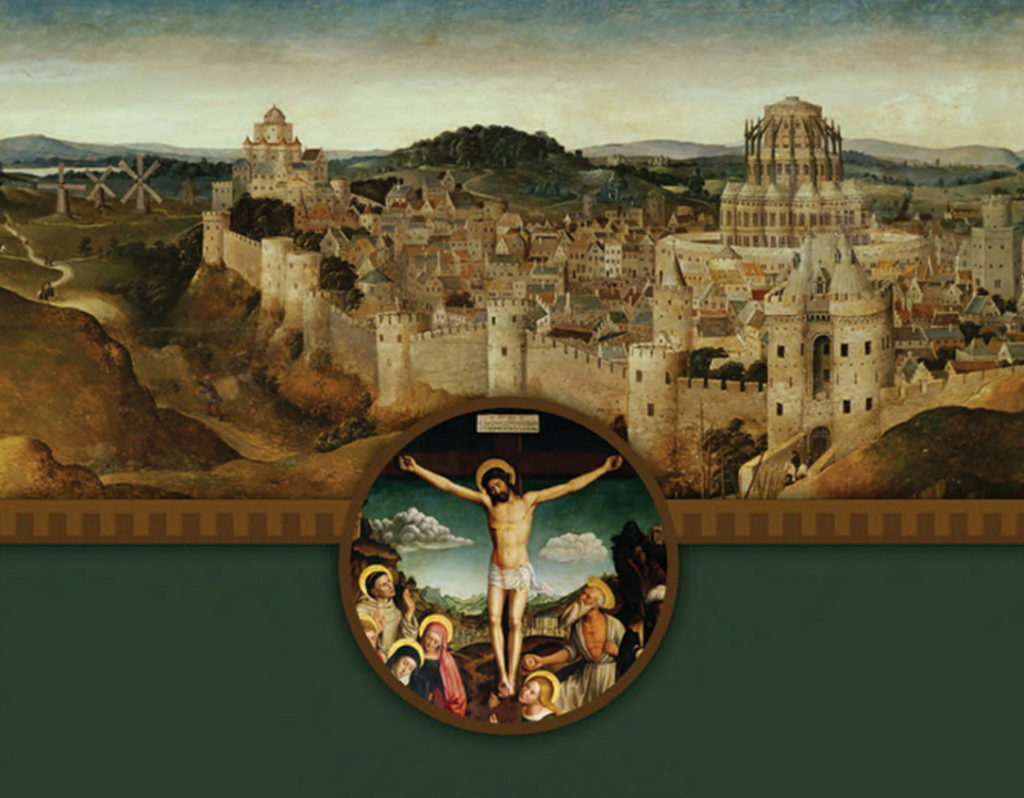 o
o

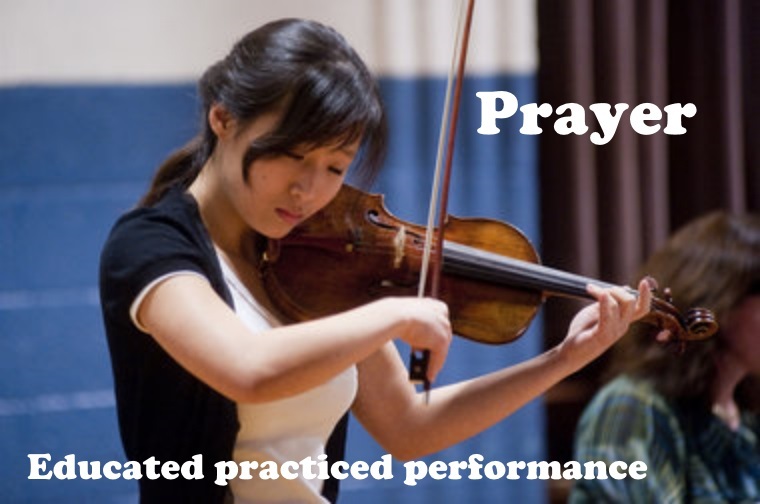


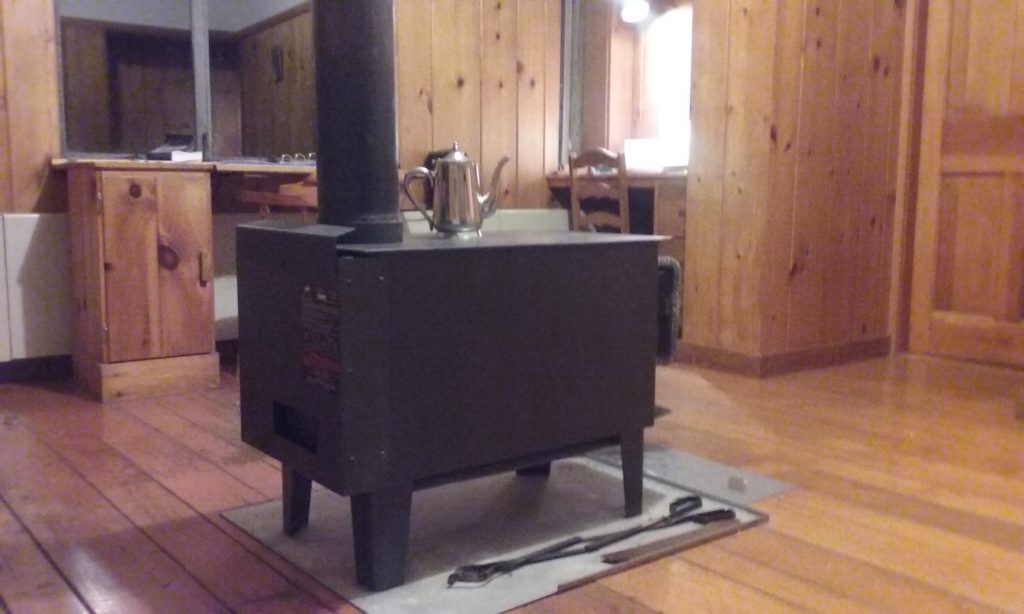
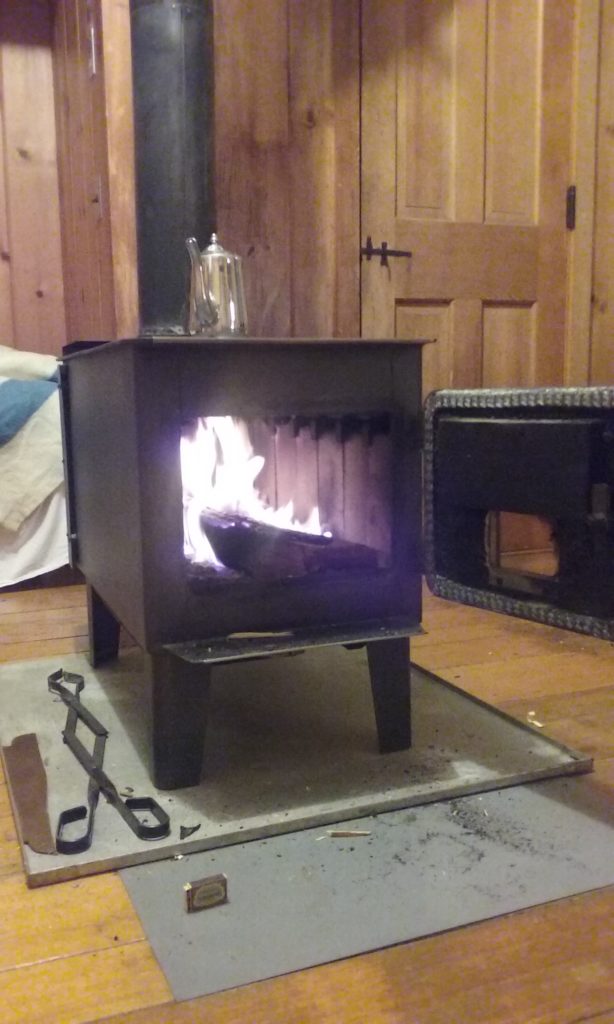


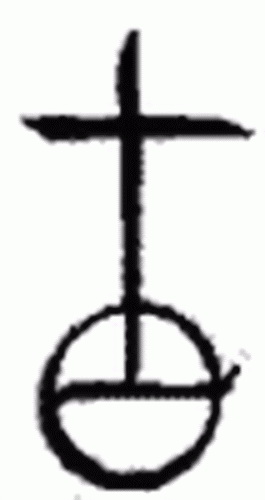
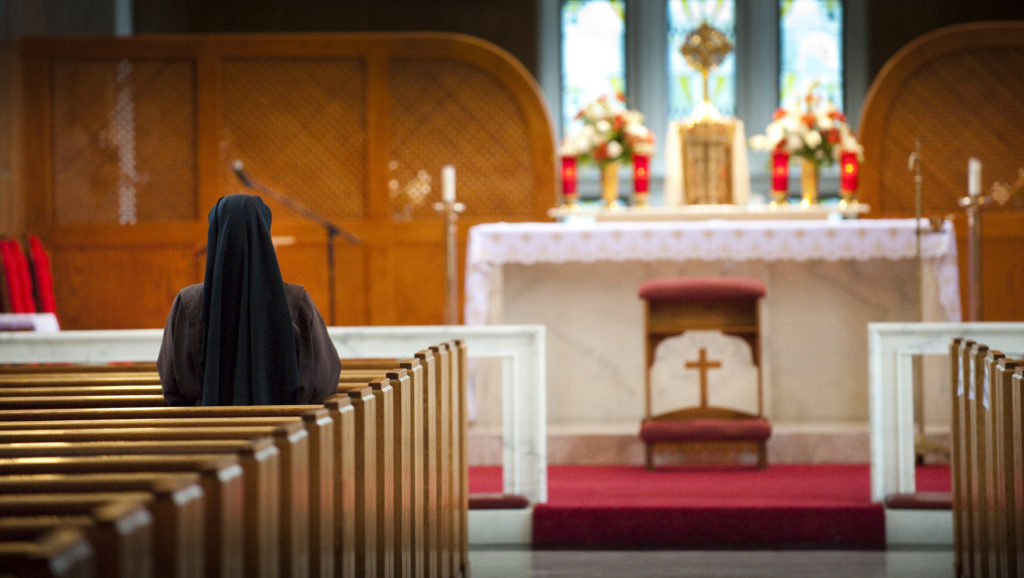
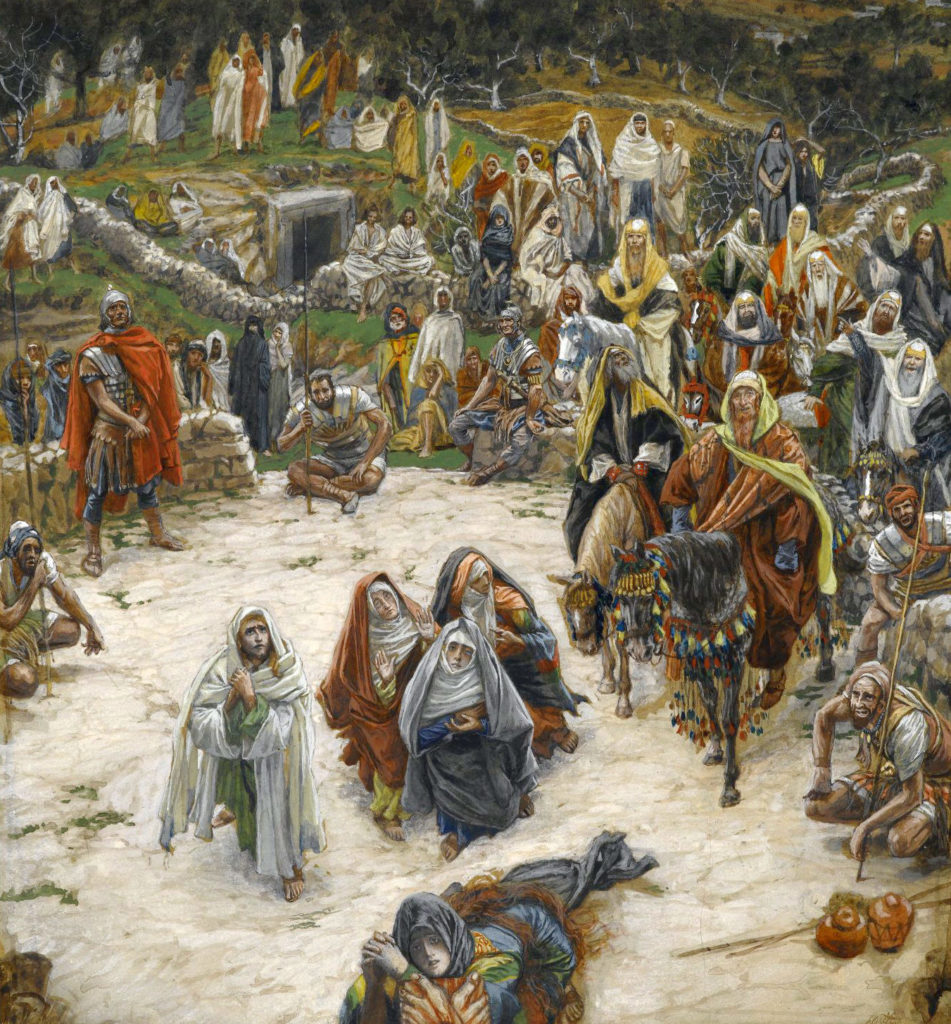
Recent Comments